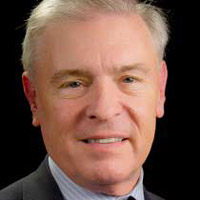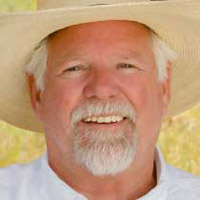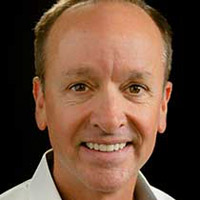Will Fewer Audits Lead to More Cheating?
There’s an old saying that cheaters never prosper. Of course, there are probably many people who have gotten away with cheating that would beg to differ. When it comes to taxes, however, it’s always best to avoid cheating. Surely, some people do get away with it, but if you ever get caught it could cost you dearly. So why all the talk about cheating? We certainly don’t condone cheating on your taxes at GROCO, but some people might be under the impression that this could be a good year to try.
Why is that? Well, according to recent reports from the IRS, because of budget cuts, the agency will be doing a lot fewer audits this year. That means more false or erroneous returns are likely to slip through the cracks. While fewer audits are good news for taxpayers, it could also be bad news at the same time for those who are chosen for audits. The IRS estimates it will do about 1 million audits this year, down from 1.2 million in 2014 and 1.4 million in 2012.
You might think that with fewer audits to perform the process might go a little quicker, but with a depleted staff the IRS expects that the audit process could actually take longer than normal. In any case, with fewer audits expected the IRS warns that that is not a reason for people to think they can get away with brazen cheating.
Plus, even though you might avoid an audit this year, the IRS has three years to go back and audit a return after it has been filed. Plus, if someone bluffs on their income by 25 percent or more the tax agency has as long as six years to review his or her return. Add to that the fact that the IRS’s budget could improve in coming years, which would give them more money and staff to work with, and cheating on your taxes should seem less tempting.
The 10 Laws of Trust | Joel Peterson
About Joel Peterson Joel Peterson is Chairman of JetBlue and a consulting Professor at the Stanford Graduate School of Business. Together along with David Kaplan he authored The 10 Laws of Trust, a business leadership book about building high-trust organizations. Mr. Peterson is the former managing partner of Trammel Crow, one of the top leading…
LuLaRoe – Disrupting The Retail Market | Mark Stidham
Transcript of LuLaRoe – Disrupting The Retail Market | Mark Stidham: Alan Olsen: Mark Stidham is the CEO of LuLaRoe, a direct to consumer clothing company that he and his wife DeAnne started in 2013. Since it’s inception it has been transforming the fashion. Mark Stidham: I grew up with my Dad being a…
Udacity-Democratizing Education | Sebastian Thrun
About Sebastian Thrun Founder of Udacity Sebastian Thrun is a scientist, educator, inventor, and entrepreneur. He is the founder, chairman, and president of Udacity, whose mission is to democratize education. Udacity focuses on affordable, lifelong learning to give people the needed skills to get a new job or advance their career. Today, the company has…
Why Scientific Wellness will be more Important than Healthcare | Clayton Lewis
About Clayton Lewis A competitive triathlete with a passion for health and wellness, Clayton Lewis loves to win and push the boundaries of what’s possible. In 2013, he partnered with biotech pioneer Dr. Lee Hood to execute Hood’s bold vision to launch a new industry – scientific wellness. That collaboration resulted in the formation…




